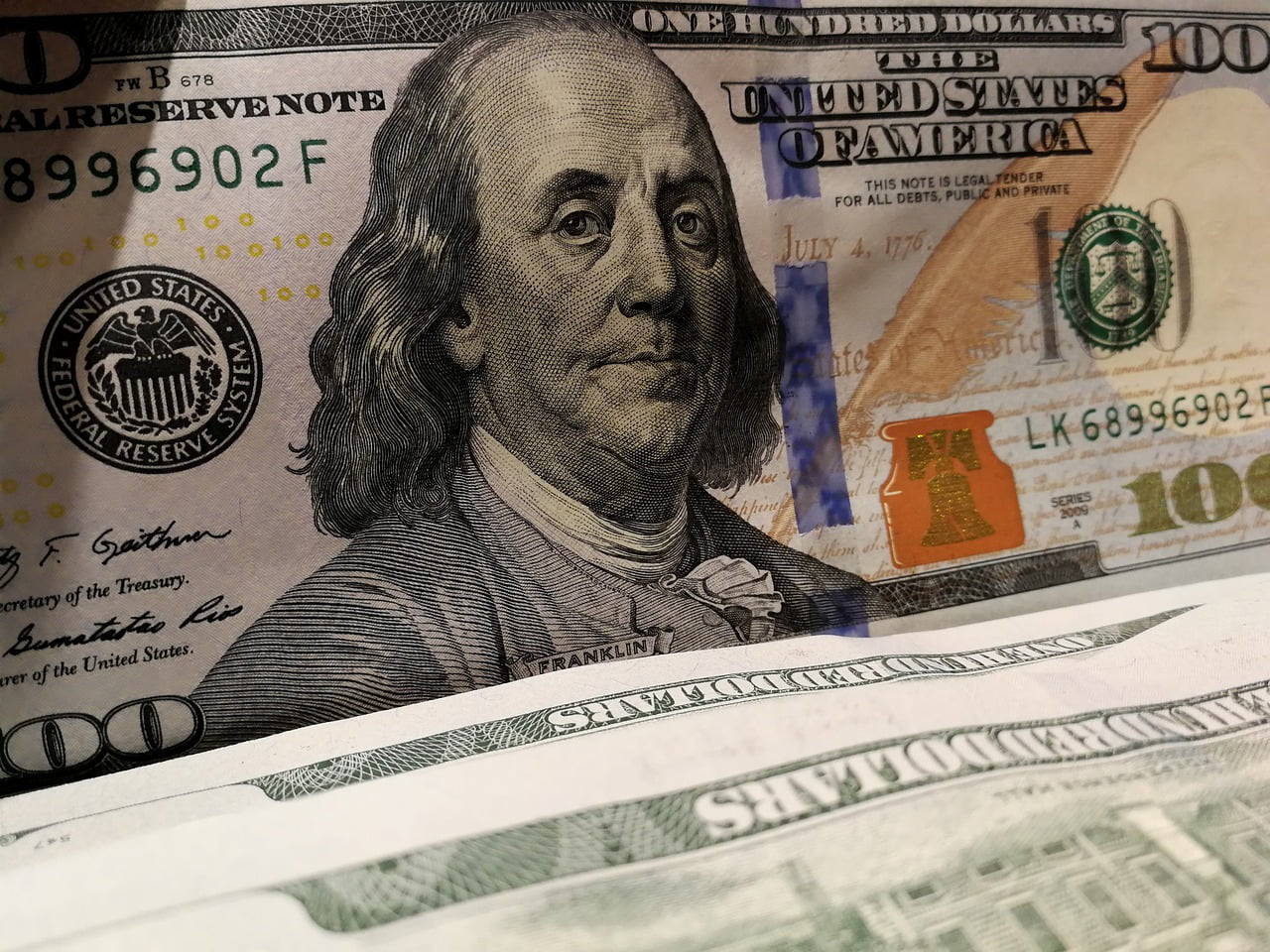In his Daily Market Notes report to investors, while commenting on the surging inflation, Louis Navellier wrote:
Q2 2021 hedge fund letters, conferences and more
Surging Inflation
The late summertime tends to breed uncertainty, so I want to cover what makes many investors apprehensive. Surging inflation, the Covid-19 Delta variant, plunging Treasury bond yields and the global supply chain bottlenecks are impacting investor sentiment, so I thought that I would discuss all these investment themes.
The global supply chain bottleneck is expected to persist through the third quarter, but the fact that GM recently had to shut down pickup truck production at multiple plants is a sign that the global semiconductor chip shortage persists. Taiwan Semiconductor said that it thought that its semiconductor chip production would catch up with demand after the third quarter, but I believe that we should stay invested in both Taiwan Semiconductor and United Microelectronics as long as they continue to post strong sales and earnings. Additionally, port bottlenecks persist, so I expect that logistics companies, like Expeditors International, will continue to prosper.
Naturally, shortages and port bottlenecks are inflationary. Despite moderating crude oil and lumber prices, not all commodities are declining in price. The Producer Price Index (PPI) was growing at a 7.3% annual pace through June. Approximately 60% of the PPI was attributable to higher service costs, which are unlikely to moderate, implying that wholesale inflation has become more permanent. As a result, inflation is now likely to become less “transitory” and hurting the Fed’s credibility.
Plunging Treasury Yields
The shocking decline in the 10-year Treasury bond yield as inflation has surged has raised questions about just how much quantitative easing the Fed is doing, since there seems to be almost an institutional panic to buy higher yields, which is why Corporate America continues to sell record amounts of new debt at ultra-low yields and junk bonds (BB or lower) now yield more than inflation for the first time in history.
There is no doubt that increasing quantitative easing by the European Central Bank (ECB) and their refusal to change their policy until inflation hits 2%, means that negative interest rates are here to stay and spreading. As an example, Britain fought the negative interest rate influence from the ECB, but its bond yields are falling and may eventually be in negative territory. This is the conundrum that the Fed is now in, since as foreign investors flock to the U.S. seeking real bond yields, they are inadvertently pushing Treasury bond yields lower.
I am in the camp that the federal government has embraced Modern Monetary Theory (MMT) and is going to follow the Bank of Japan, the Bank of England and the ECB and fall into negative interest rates in my lifetime. In fact, I expect that the 10-year Treasury bond will fall below 1% in the next 12 months, which will make the taking heads on the financial networks to gossip repeatedly that the U.S. is being sucked into the “black hole” of negative interest rates that the ECB pioneered via its former President, Mario Draghi, who is now the Italian Prime Minister.
As I am sure you are aware, the Biden Administration wants to spend a lot more money on infrastructure, which also includes a lot of social spending. When government hits roadblocks, MMT is an easy solution as Mario Draghi’s popularity in Italy demonstrates. Essentially, budget deficits no longer matter under MMT, which is being increasing embraced by Treasury Secretary Janet Yellen.
The Impact Of The Covid-19 Delta Variant On The Economy
Finally, the last wildcard impacting the global economy is the Covid-19 Delta variant. I already have two associates that got sick from Covid-19 despite being fully vaccinated. The bad news is the hospitalizations due to Covid-19 have risen, but the good news in the U.S. is that the death rate has not increased substantially. The truth of the matter is, as scary as the Covid-19 Delta variant is, that many Americans are in no mood to resume another lockdown, so the U.S. may finally achieve “heard immunity” as Covid-19 naturally becomes less dangerous due to the antibodies that many Americans now carry from both vaccines and recovering from Covid infections.
In the end, the U.S. remains an oasis around the world. We have positive interest rates, when much of the rest of the industrialized world has negative interest rates due to MMT and reckless central banks. The U.S. is unlikely to be hindered by more Covid-19 restrictions, despite rising cases, since the death rate had not caused any significant public outrage like New York City experienced over a year ago. Inflation has sparked consumer demand and due to continuing port bottlenecks, so GDP growth is expected to remain strong through the third quarter. Finally, Americans are just more optimistic than many other countries, so I expect that both business and consumer sentiment will remain strong.
So what can go wrong? My answer is just seasonality. Wall Street loves to follow Europe and take the month of August off and although parts of Europe remain restricted, folks will still take their holidays and enjoy August. This means that some “air pockets” could materialize in the next several weeks, but I expect that large growth capitalization stocks as well as our dividend growth stocks will remain an oasis and continue to prosper. As a result, I am planning to remain fairly fully-invested in the upcoming weeks, but will sell any stocks that become excessively volatile.













